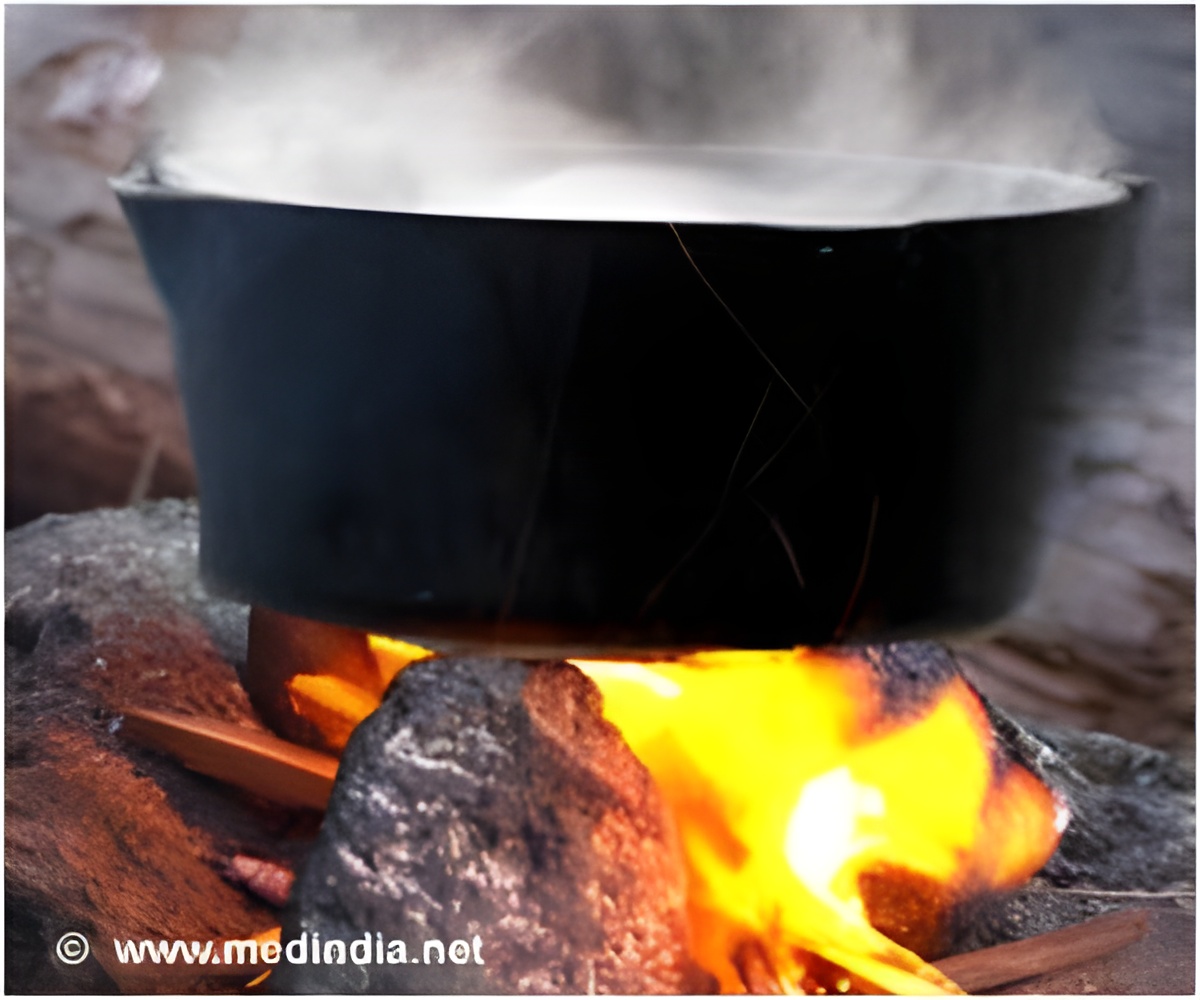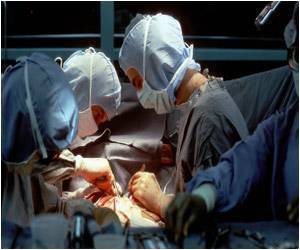Ten Major Gurdwaras in Delhi implement food safety and hygiene standards set by FSSAI. The rules have been implemented in the Community kitchens (langars) for the government’s BHOG (Blissful and Hygienic Offering to God) initiative.

TOP INSIGHT
Workshops and training sessions were organized for 'prasad' handlers and vendors in Gurdwaras to sensitize them about the need for food safety regulations, health, and hygiene.
FSSAI in 2016 had launched project BHOG with an aim to ensure all places of worship in the country to adopt and maintain that the 'prasad' received by devotees is safe for consumption.
"Around one lakh devotees partake langar in all ten gurdwaras here on weekdays. The number of devotees touches the mark of more than five lakh on weekends and festival seasons like Holi, Baishakhi, and Gurpurb," Singh said.
"Langar in gurdwaras are promoting healthy eating by providing nutritious food through the distribution of sacred 'prasad' which consists of full diet, with chapatis, 'dal,' 'sabzi' and 'kheer,'" the DSGMC statement read.
Singh said the management committee had set up the food safety standards and hygiene maintenance of the gurdwara kitchens preparing langar and 'prasad' which is distributed free among devotees and the general public.
Reverse osmosis (RO) plants have been set up to provide clean water for cooking to prevent contamination of food.
Workshops and training sessions were being organized for 'prasad' handlers and vendors in Gurudwaras to sensitize them about the need for food safety regulations, health, and hygiene.
Source-IANS
 MEDINDIA
MEDINDIA



 Email
Email










